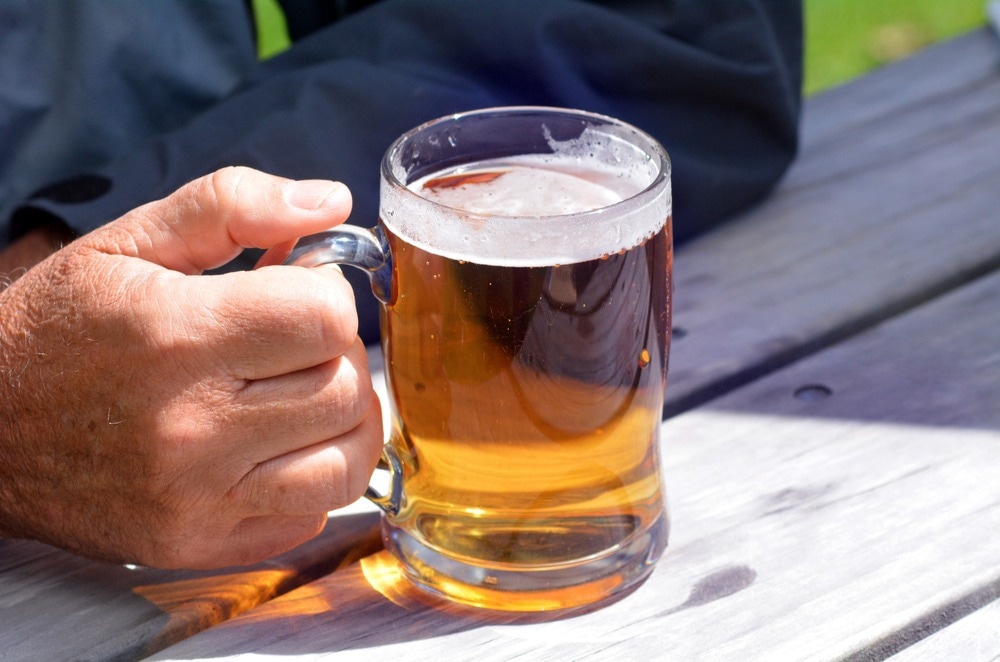According to the findings of a research team conducted by the Complutense University of Madrid (UCM), the various gut microbiota compositions contribute to the explanation of the various patterns of alcohol consumption amongst individuals.

Image Credit: ChameleonsEye/Shutterstock.com
The study represents a significant advance in our understanding of the role of gut microbiota in motivated behavior, specifically the behavior of voluntary alcohol consumption.”
Elena Giné, Researcher, Cellular Biology, Complutense University of Madrid
Alcohol consumption is known to influence gut microbiota (GM), and it is also recognized that GM’s makeup might affect how we behave. This study, which was just published in Translational Psychiatry, advances our understanding of why not everyone who drinks alcohol gets the same consequences or experiences the onset of a problem.
To conduct the study, the researchers examined the gut microbiota and alcohol intake of 507 university students in Madrid. They found that a certain fecal phenotype and an elevation in actinobacteria volume were linked to excessive drinking.
The researchers investigated an animal sample of 80 male rats to evaluate behavior and gauge changes linked to alcohol intake, the impact of antibiotic therapy, and the effects of gut microbiota transplantation. The most noteworthy finding was that rats that got feces from alcohol-dependent animals drank more alcohol than rats who received feces from a control group.
Effect of antibiotics
The study also proved that antibiotic therapy resulted in a significant alteration in the composition of the GM and that it was connected to a decrease in alcohol use.
The research on microbiota has grown significantly, yet there are still more questions than solutions at this point. However, it is quite likely that intervention options based on GM manipulation will be developed within the field of psychopharmacology.
“This could be done either through the use of probiotics (bacteria), prebiotics (the food of bacteria), and/or symbiotics (both prebiotics and probiotics),” explains José Antonio López Moreno, a professor at the Department of Psychobiology and the lead author of the research.
Source:
Journal reference:
Segovia-Rodríguez, L., et al. (2022) Gut microbiota and voluntary alcohol consumption. Translational Psychiatry. doi.org/10.1038/s41398-022-01920-2.